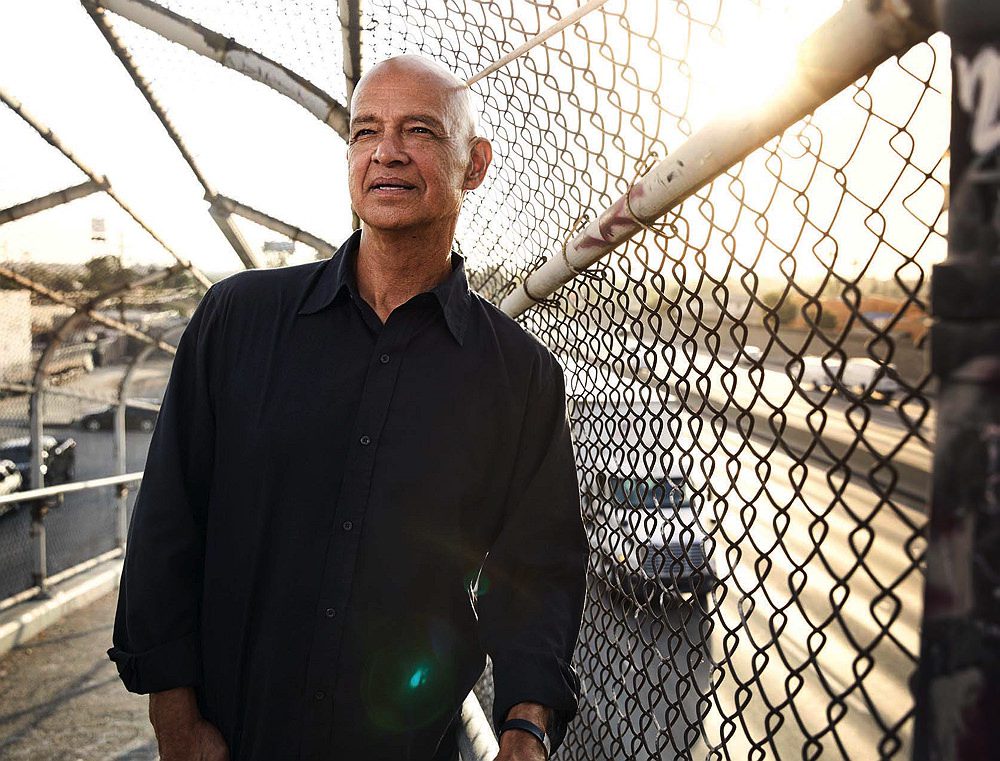Visiting Professor Jerry López Tells Students They Can Transform Law Schools

Visiting Professor Jerry López will speak about transforming law schools in a lecture this fall and a seminar in the spring.
For over four decades, Jerry López has championed transforming lawyering and legal education, while training law clinic students to serve clients from low-income communities of color. This year, he will bring his knowledge and passion to UC Law San Francisco as the Wiley Manuel Visiting Scholar and Professor working with the Center for Racial and Economic Justice (CREJ).
López, a UCLA professor of law, will teach a spring seminar on transforming legal education. The course will build on CREJ Co-Director and Professor Alina Ball’s fall course on American Legal Education, moving beyond critiques to concrete alternatives. López has challenged traditional assumptions about legal education — its criteria for student admissions and grading and faculty hiring and promotion, and its curricular methods and aims and its relationship to surrounding communities.
Through Professor Ball’s course and his own, López said he hopes students come to see themselves as equal participants in shaping their education and UC Law SF. “Students of color and other champions of racial equity in the course will realize that they can, with others, transform law schools,” he explained.
López will also participate in community-wide events. He will speak about what life would be like in a transformed law school at the annual Wiley Manuel lecture on Tuesday, Oct. 17. He is also working with the CREJ faculty directors to organize an all-day symposium in late March on rebellious lawyering for racial justice — exploring the origins of race-conscious practice, visions of justice, and strategies to advance racial equity.
“Our core CREJ faculty has all been profoundly influenced by López’s theory of rebellious lawyering, shaping our scholarship and teaching,” Ball said. “Having Professor López here with us at UC Law SF will be a joy for our students and a treat for our faculty as well.”
López introduced his radical vision of practice in his 1992 book, “Rebellious Lawyering – One Chicano’s Vision of Progressive Law Practice.” In 1975, with a law degree from Harvard, he co-opened a radical storefront law firm in San Diego. From 1985 to 1994, he helped develop and co-launched the Lawyering Against Subordination and for Social Change Concentration at Stanford University.
“We need Professor López’s vision today even more than when ‘Rebellious Lawyering’ was first published,” said CREJ Co-Director and Professor Thalia González. “How we work with one another may prove pivotal to defeating efforts to rob women of all choices, to punish communities of color as inherently criminal, to sidestep grotesque income inequality.”
In 2003, López founded the Center for Community Problem Solving in New York City. The Center focused on financial literacy, fair and just workplaces, the health of communities, and education within jails, prisons and detention centers.
“While demanding the end of mass incarceration, López’s Center concentrated on the barriers to housing and employment and credit facing the formerly incarcerated,” recalled CREJ Co-Director and Professor Shauna Marshall. “Working with families and community residents, in typical López fashion, the Center developed targeted re-entry strategies only after gathering extensive data about the scarce nonprofit and government services available. He pioneered a re-entry movement responding to on-the-ground realities.”
Launched in February 2020, the Wiley Manual Visiting Scholar and Professor program brings preeminent legal scholars with expertise on issues of race, identity, subordination, and inequality to UC Law SF.
The special professorship is named after Justice Wiley W. Manuel, a 1953 graduate of UC Law SF. After a long career in law, Manuel was appointed to the California Supreme Court in 1977, becoming the first African American and person of color to serve on the state’s highest court. Justice Manuel died in 1981 at the age of 53 and remains one of the most esteemed alumni of UC Law SF.